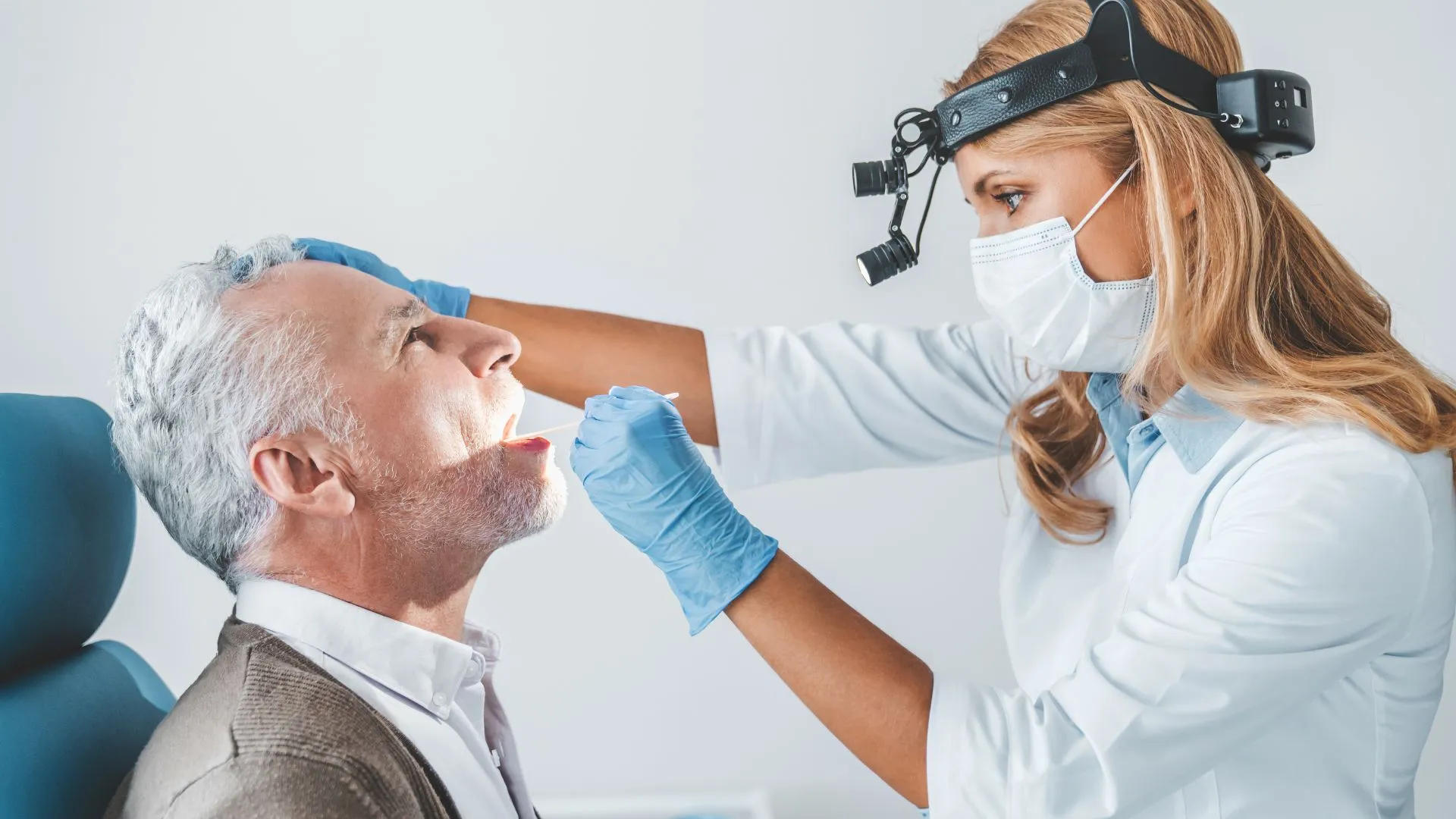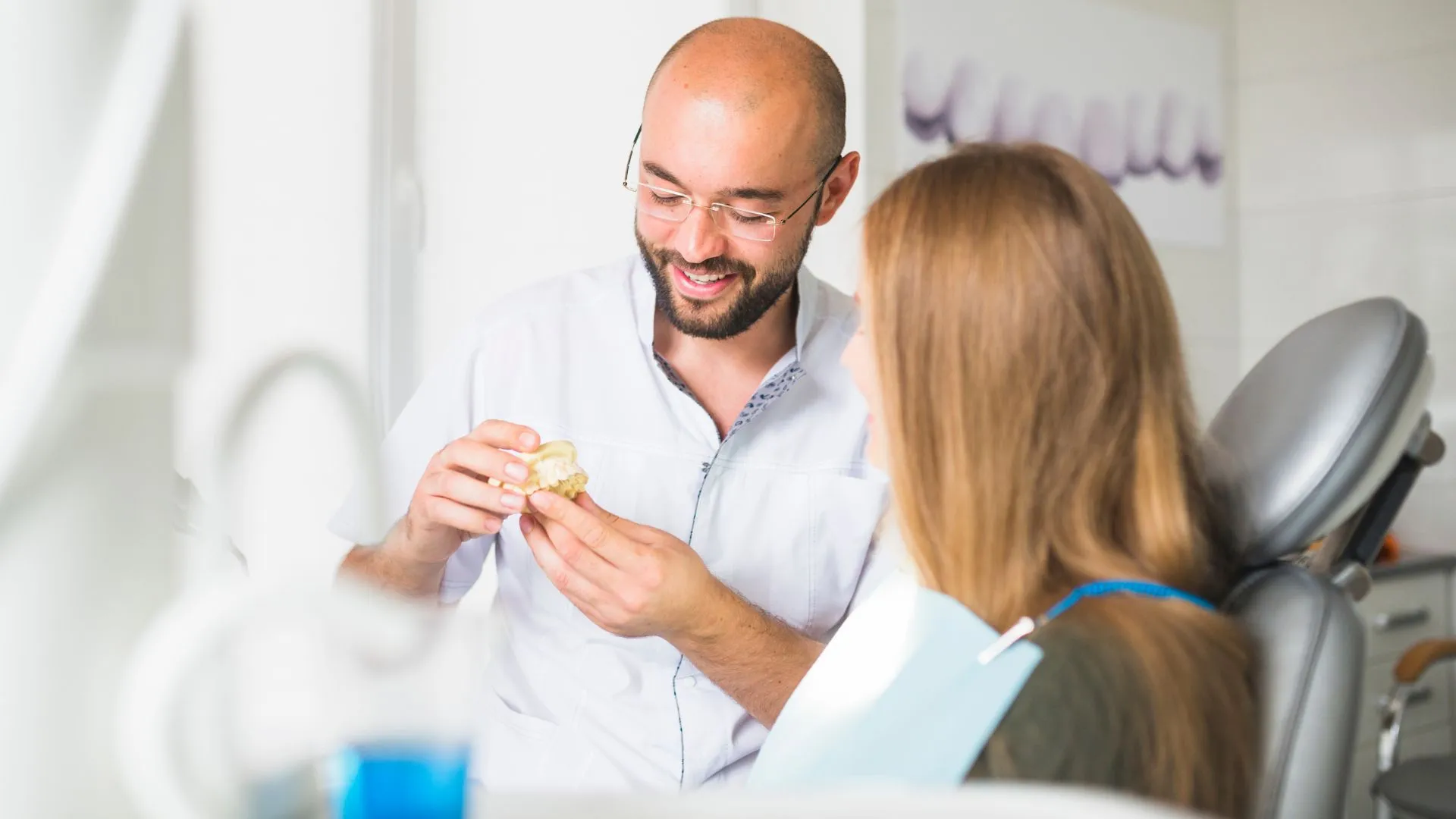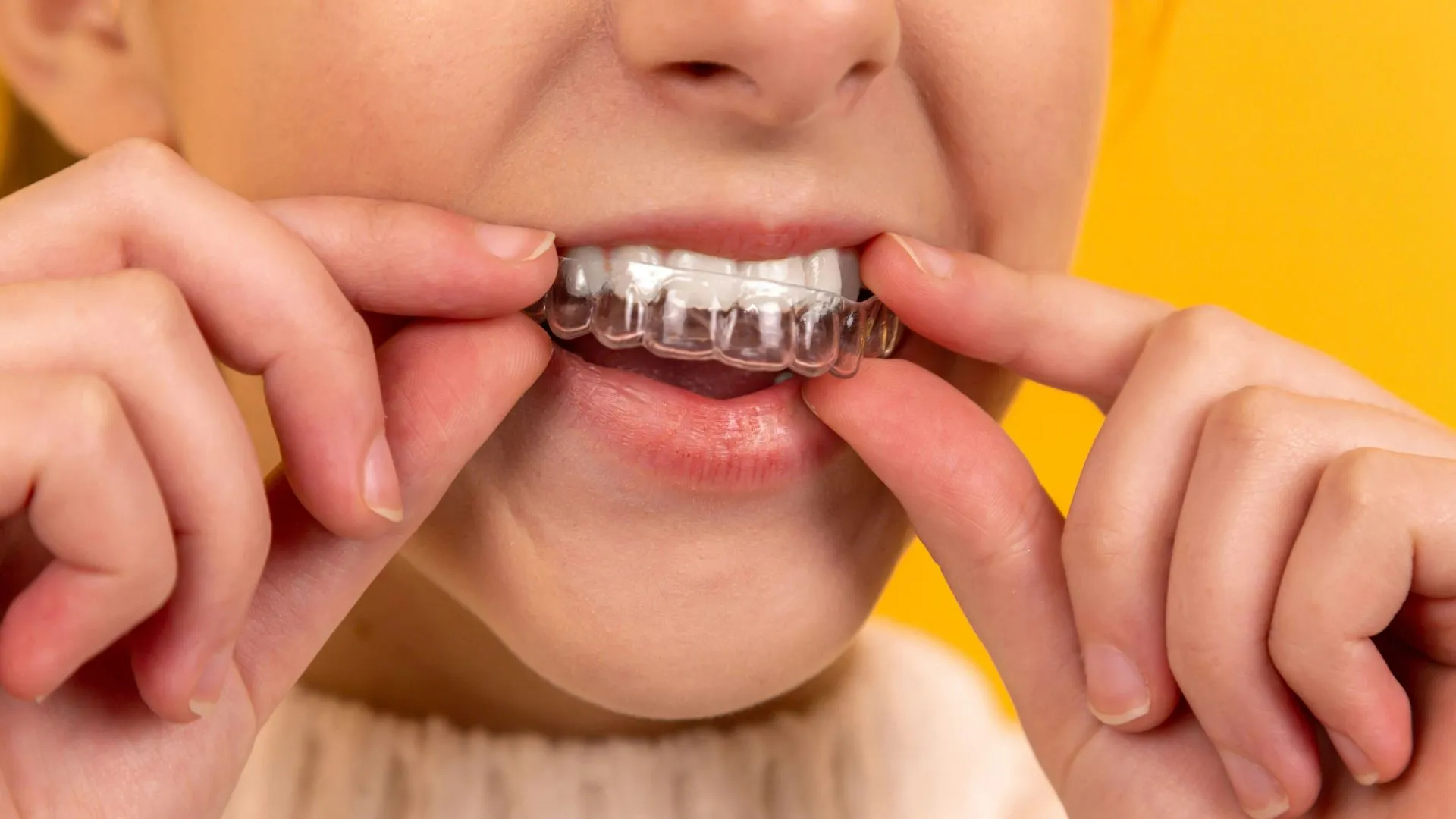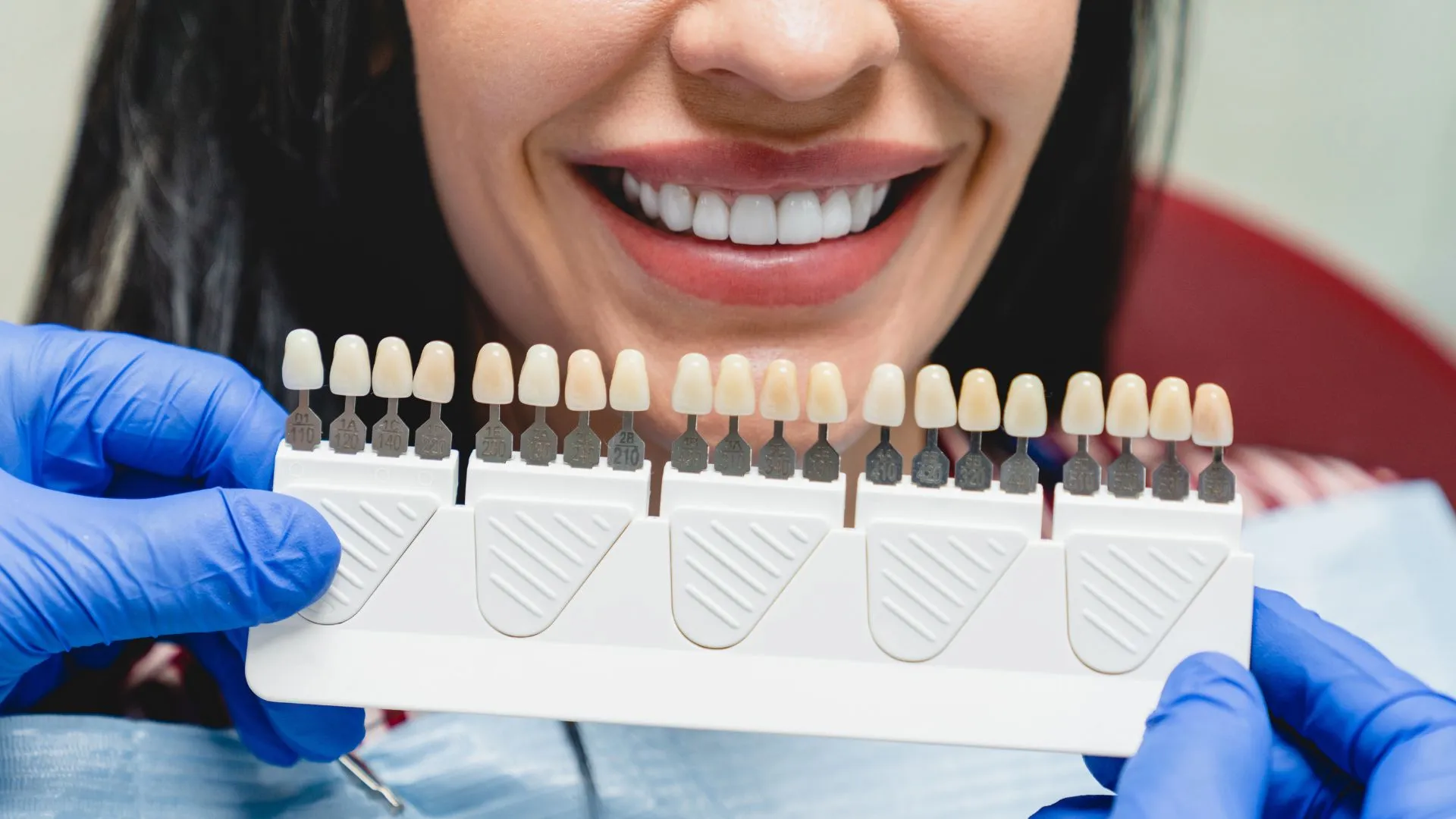Getting older is great fun, isn’t it? Your risk for many illnesses increases and your body may not work as well as it used to. For example, those in their mid-sixties are more likely to develop gastroesophageal reflux (GERD), where stomach contents can…
Getting older is great fun, isn’t it? Your risk for many illnesses increases and your body may not work as well as it used to. For example, those in their mid-sixties are more likely to develop gastroesophageal reflux (GERD), where stomach contents can come back up the esophagus. When stomach acids come back up, they can decay teeth.
The silver lining is that many issues that seniors can face, like GERD, are preventable or manageable if they are proactive. Quitting smoking, wearing looser clothing, avoiding certain foods (e.g. tomato sauce), and staying active are all ways to combat or eliminate your GERD symptoms. But compared to other health issues, GERD seems like a minor complaint–so what’s the big deal?
The problem is that if it isn’t taken care of, it can hasten tooth decay since many seniors are already at risk for that problem due to dietary choices, bruxism, and the like. This wear on your enamel not only leads to cavities, but it can lead to expensive restorations to restore cosmetic and functional problems; and, it can lead to an increased risk of more serious ailments like periodontitis.
So again, adjusting lifestyle habits can have a great impact not only your GERD symptoms but on a whole host of oral issues. But what if a senior is unable to avoid GERD despite changes? Some people may be taking medications, like calcium channel blockers, which can cause GERD as a side effect.

According to John Flucke’s dental blog, salivary stimulants can help seniors who can’t seem to avoid GERD:
Study shows Oracoat® XyliMelts® oral adhering discs effectively treat acid reflux
Gastroesophageal reflux disease (GERD), more commonly known as acid reflux, describes a chronic digestive condition in which an accumulation of stomach acid in the esophagus creates symptoms. Acid reflux affects about 30 percent of the population on a weekly basis and is known to contribute to or cause a number of medical and dental problems including heartburn, sore throat, laryngitis, cough, halitosis, and tooth decay. The condition is also associated with sleep disturbance and can have a negative effect on nighttime comfort and overall quality of life.
The study aimed to prove if XyliMelts, recently rated by a Clinicians Report® survey as the most effective remedy for alleviating dry mouth could produce similar results in treating patients suffering from acid reflux, which is often managed by prescribed and over-the-counter medications that prevent excessive acid production.
XyliMelts are formulated from all-natural ingredients commonly used in foods. As tests prove that salivary stimulants can decrease the perception of nighttime dry mouth, tests also suggest increased saliva can diminish nighttime reflux.
Test results displayed that both the disc and gel reduced the taste of reflux, heartburn sensation, morning hoarseness, perceived reflux severity, and the number of antacids taken during the night.
Read more…
It may seem counter-intuitive to increase saliva, since you may already have excess stomach fluids in your mouth; however, saliva actually protects enamel. Saliva is able to prevent dry mouth (which leads to bacterial formation) and neutralize stomach acids. So salivary stimulants like XyliMelts are certainly worth looking into. If medications like XyliMelts aren’t a good fit, seniors need to talk with their dentist at their next exam for possible solutions.



